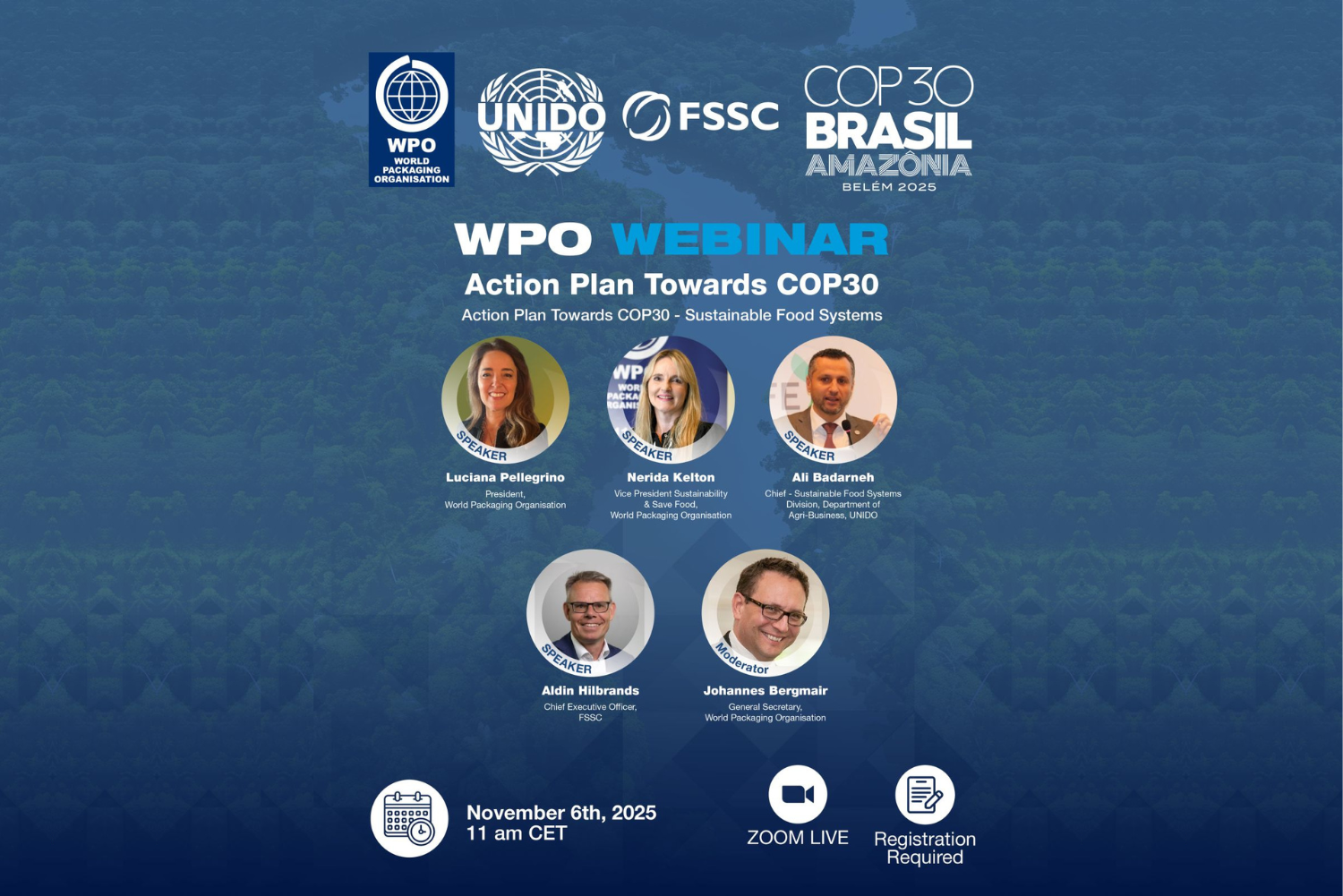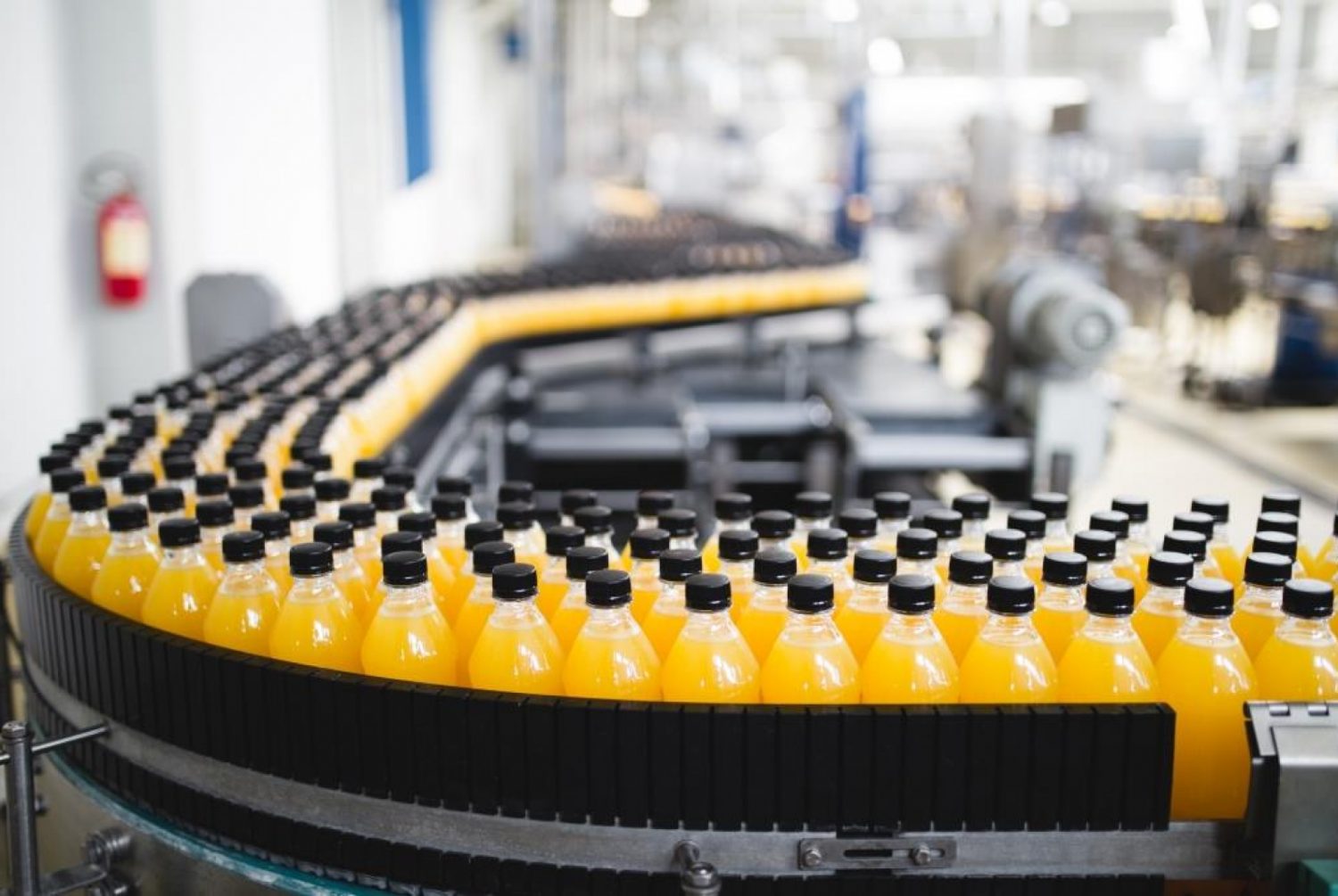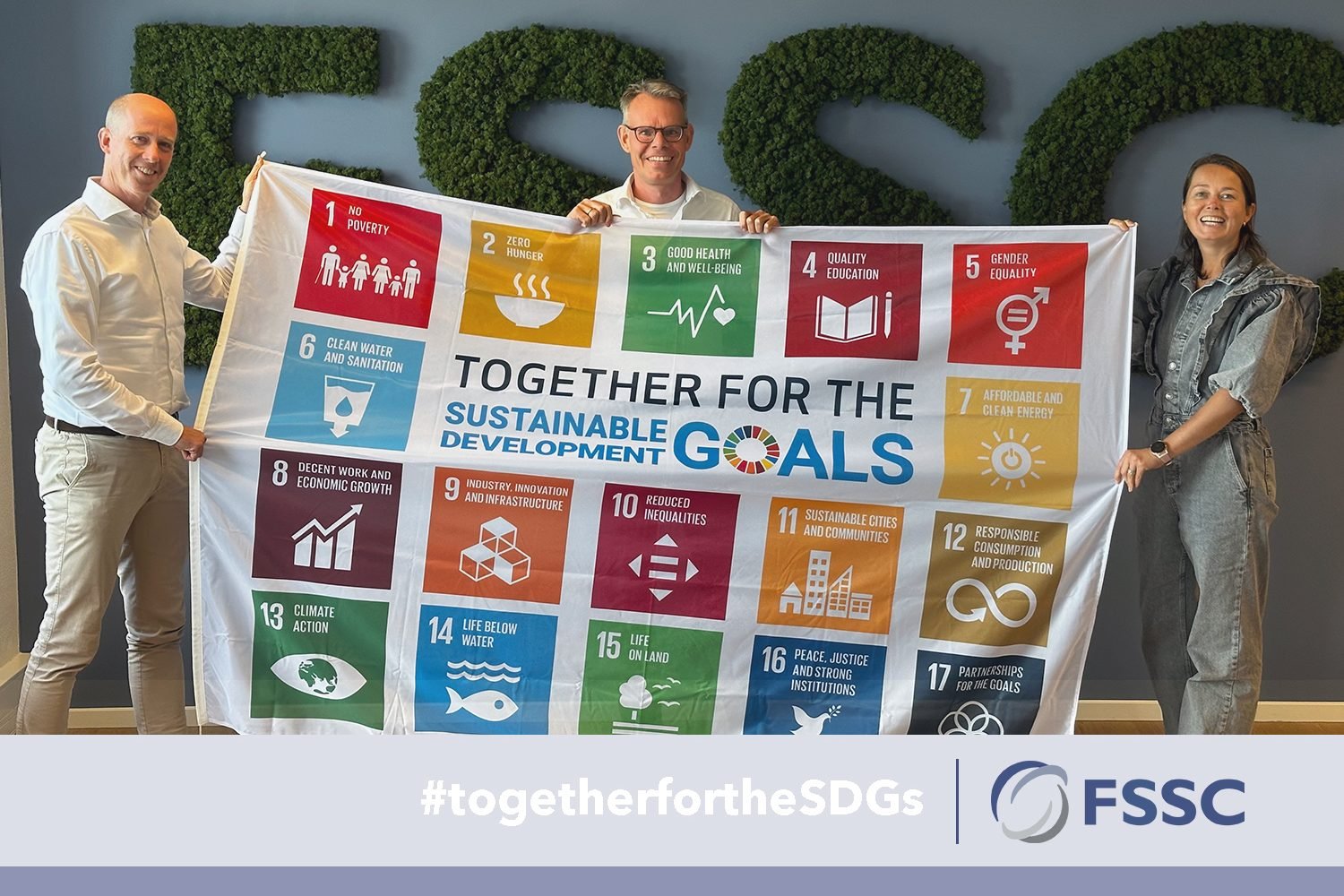FSSC partners with WPO and UNIDO to accelerate impact on reduction of FLW through collaboration with the global packaging industry
A Recap of Our Participation at the Conference of Parties (COP) #30 in Brazil
At COP30 in Brazil, Foundation FSSC joined global leaders, policymakers, industry organizations, and development partners to address one of the most pressing challenges facing both the climate and food systems: food loss and waste.

Together with the World Packaging Organisation (WPO) and the United Nations Industrial Development Organization (UNIDO), FSSC co-hosted the session “Systemic Solutions for Sustainable Food Systems: Tackling Food Loss and Waste through Packaging Innovation” in the Action on Food Hub on 12 November. The discussion highlighted the inseparable relationship between food safety, the role of food packaging, and food loss and waste.
We see food loss and waste as a matter of raw material efficiency. By maximizing safe food production and minimizing waste, we contribute to food security, climate mitigation, and economic viability. These concepts are two sides of the same coin that are not conflicting but complementaryAldin Hilbrands, CEO, Foundation FSSC
For FSSC, participating in COP30 was a valuable moment to demonstrate how FSSC 22000 food safety management system certification delivers impact at scale across the global food supply chain. Food loss and waste (FLW) account for 8–10% of global greenhouse gas emissions. At the same time, hundreds of millions of people face hunger and food insecurity. Reducing food loss and waste is therefore not only a sustainability imperative, but also a human one. At COP30, FSSC reiterated the message that effective food safety management implies reducing both food loss and waste, which are two sides of the same coin that go hand in hand.
Reducing Food Loss and Waste Through FSSC 22000
FSSC 22000, recognized globally as the most robust Food Safety Management System Certification Program, includes a requirement aimed explicitly at reducing food loss and waste. Since April 2025, approximately 34,000 FSSC 22000 Certified Organizations worldwide involved in food manufacturing have been required to establish policies, objectives, and operational measures to prevent and reduce FLW in their own operations.
By embedding FLW reduction directly into its flagship certification program, FSSC 22000, FSSC moves beyond setting expectations to supporting systemic behavior change within the consumer goods industry. Organizations are expected not only to minimize waste during production and processing but also to adopt responsible solutions for edible surplus foods, and to repurpose non-edible by-products through circular or regenerative applications such as composting or co-digestion.
This approach supports the achievement of SDG target 12.3, which aims to halve global food loss and waste by 2030. It also contributes to improving food security, strengthening economic resilience, and reducing the climate impact of food systems.
Packaging Innovation as a Catalyst for Reducing Food Loss and Waste
Throughout COP30 in Brazil, we emphasized the importance of multi-stakeholder collaboration in accelerating the transformation of sustainable food systems. Our partnerships with UNIDO and WPO demonstrate how combining expertise across fields – food safety management systems, industry capacity-building, and packaging innovation – can create comprehensive and scalable solutions.
Packaging was identified as a critical lever for preventing food loss and waste along supply chains. When designed with safety, shelf-life extension, functionality, resource efficiency, and recyclability in mind, packaging plays a crucial role in protecting food quality and safety, while ensuring market accessibility and minimizing waste.
Together with UNIDO and WPO, FSSC continues to support knowledge-sharing and capacity building on how organizations can align packaging design and procurement with FLW reduction strategies. Building on this collaboration, FSSC has extended the FLW requirement of its Certification Scheme to include the manufacturing of packaging and packaging materials in its latest Version 7 of FSSC 22000 to be published on 1 April 2026 and coming into effect on 1 April 2027. This new requirement will incorporate WPO’s five Save Food Packaging Design Principles, which guide organizations in developing packaging that preserves and protects food, enhances usability, and minimizes waste throughout the supply chain and in households.
Food Safety as a Foundation for Sustainable Food Systems
Progress in sustainable food systems must begin with ensuring that the food produced is safe and nutritious. Without food safety, food cannot fulfil its purpose, and losses are inevitable. By helping organizations implement robust controls that maximize safe food (packaging) production and reduce packaging waste and food loss, FSSC contributes to both environmental and humanitarian outcomes.
FSSC’s vision is to create a better world. Our participation at COP30 reinforced our mission to provide trust and deliver impact in global food systems. By aligning food safety certification with sustainability action, we are helping to build food systems that nourish people, sustain resources, and contribute to a more responsible consumer goods industry.
COP30 is not an endpoint but an inflection point – and our work continues.
Explore our insights
-
Insights Webinar FSSC 22000: Hygienic Transport of Food Through Effective Tank Cleaning
Past event
|
3 December, 2025
-
Webinar: Action Plan Towards COP30 - Sustainable Food Systems
Past event
|
6 November, 2025
-
Insights Webinar FSSC 24000: Make with Care, Certify for Trust
Past event
|
22 October, 2025



